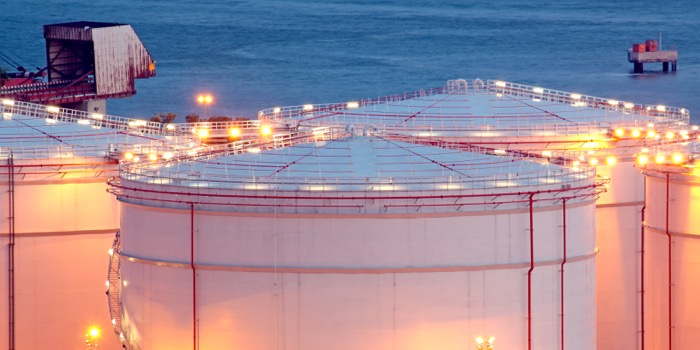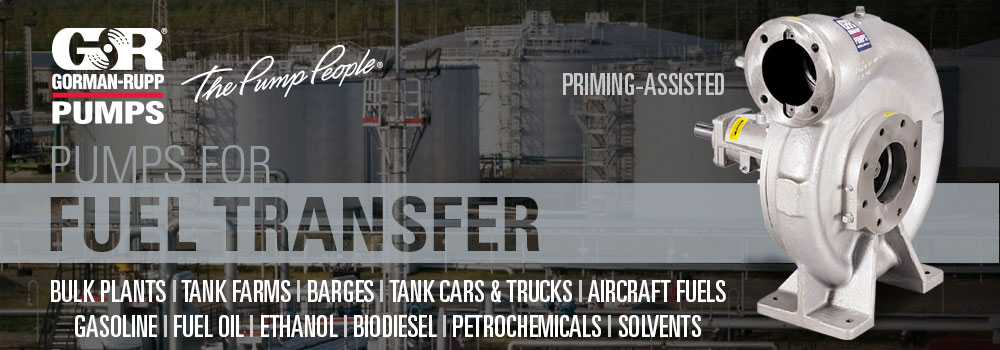Ecoslops and Suez Canal Economic Zone sign Port Saïd agreement
Further to the signature of an agreement for a detailed feasibility study in January 2018, Ecoslops and Suez Canal Economic Zone take another step towards the implementation of a collection, reception and treatment unit of maritime oil waste, under the auspices of the French and Egyptian governments and on the occasion of the State visit of President Macron in Cairo.
The new agreement, based on the positive outcomes of the feasibility study, foresees in 2019 the finalisation of the technical studies and the development of a financial plan for both maritime assets for collection and a facility for the collection and treatment of maritime oil wastes (MARPOL Port Reception Facility) in Port Saïd. This step achieved, project’s implementation may start at the end of year.

The project includes the deployment of a collection vessel as well as the construction of a reception and treatment facility on a 2 hectares land plot in the new port area in East Port Saïd (at the immediate proximity of the future RoRo terminal which will be operated by the Bolloré-Mitsui-NYK consortium and of the existing container terminal which is as for now operated by Maersk). This agreement already includes the possibility for Ecoslops to also establish in Suez, at the South end of the Canal, according to the same principle. Once the volumes of collected and treated oil waste will be sufficient, an Ecoslops’ P2R micro-refinery unit may be deployed and operated for their valorisation.
The recovery potential of the oil waste transiting through the Suez Canal is estimated at more than 40,000 tonnes per year, on the basis of 18,000 canal transits and 7,000 port calls. This project aims to contribute to strengthening the competitiveness of the Suez Canal and of the Egyptian ports through the provision of a world-class and comprehensive collection, reception and treatment service and through delivery to shipowners of quality of service and traceability indispensable to the management of their oil wastes. This project benefits from the active support of the french government, through the granting of financial assistance to the study (FASEP).
For more information visit www.ecoslops.com
29th January 2019













